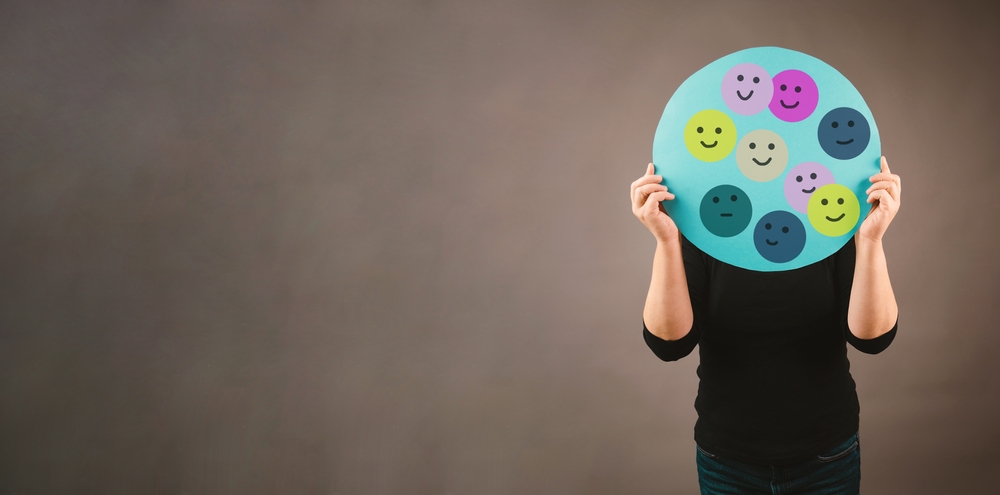Depression is more than just sadness. It’s a deep emotional weight that can affect every part of a person’s life. When we talk about mental health, depression is often at the center of the conversation—because it’s common, often misunderstood, and deeply personal. At Curotiva, we believe that open, respectful dialogue about mental health begins with Care, Awareness, and Trust (CAT). Through this lens, we hope to offer gentle support for those affected by depression and those who want to help others.
What Is Depression?
Depression is a mental health condition that affects how a person thinks, feels, and behaves. It can lead to emotional and physical problems, making it difficult to function in daily life. Unlike occasional sadness, which fades with time or change, depression may persist for weeks, months, or longer. It’s not a sign of weakness, and it’s not something you can simply “snap out of.” Depression is a medical condition—real, valid, and treatable.
Emotional and Physical Symptoms of Depression
Persistent Sadness or Emptiness
Many people describe depression as an ongoing sadness that doesn’t have a clear cause. It may feel like a heavy cloud that follows them, even during moments that are supposed to feel joyful.
Loss of Interest or Motivation
Activities that once brought happiness—like hobbies, socializing, or even daily tasks—can start to feel like burdens. This disinterest can further isolate a person, deepening the emotional strain.
Changes in Appetite or Sleep
Some individuals may sleep too much, while others find it nearly impossible to rest. Similarly, appetite may decrease or increase. These changes are not about discipline—they are physical symptoms of emotional pain.
Fatigue and Low Energy
Depression can make even small tasks feel exhausting. Getting out of bed, getting dressed, or focusing on work can feel overwhelming. This fatigue isn’t laziness—it’s a real, often invisible struggle.
Feelings of Worthlessness or Guilt
People living with depression often blame themselves for their condition or feel that they’re a burden to others. These thoughts can be intense and may not reflect reality, but they feel very real to the person experiencing them.

The Impact of Depression on Mental Health
Depression doesn’t exist in isolation. It affects a person’s mental health as a whole—impacting confidence, relationships, and how they view the world. Left untreated, depression can lead to more serious issues, including anxiety, substance use, or suicidal thoughts. That’s why it’s so important to notice the signs early and seek support. No one should suffer in silence. At Curotiva, we offer emotional support in a non-clinical space where your feelings are heard, respected, and held with care. If you or someone you know is struggling, you can contact us here. You are not alone.
Getting Help Is a Strength, Not a Weakness
There is still a stigma around depression, particularly in cultures where emotional vulnerability is misunderstood. But seeking help is one of the strongest things a person can do. Whether it’s talking to a loved one, meeting a therapist, or reaching out online, every step toward healing is a step forward. India-based platforms like iCall and curotiva offer confidential support and resources for those in need. You don’t have to wait until things are “bad enough.” Help is here whenever you’re ready.
How You Can Support Someone With Depression
If someone you care about is showing signs of depression, your support can make a meaningful difference. Listen without judging or trying to fix things right away. Be patient if they withdraw or don’t always respond. Encourage them to seek help, and let them know they’re not alone. Even small acts of kindness—like checking in, offering to spend time together, or simply saying “I’m here for you”—can provide comfort and hope.
You Deserve Support, Too
Whether you’re experiencing depression or supporting someone who is, remember that you deserve care as well. Mental health isn’t about being perfect—it’s about understanding, healing, and finding your way at your own pace. Depression doesn’t define who you are. With compassion, community, and the right support, healing is not only possible—it’s within reach.
Learn more about mental health through our related content, designed to support your journey toward understanding and healing.
Understanding the Different Types of Mental Disorders
Recognizing the Symptoms of Mental Illness: A Guide to Early Awareness

